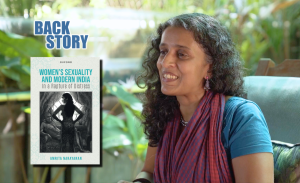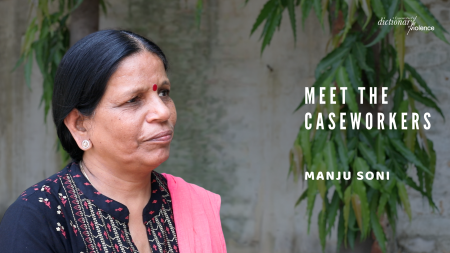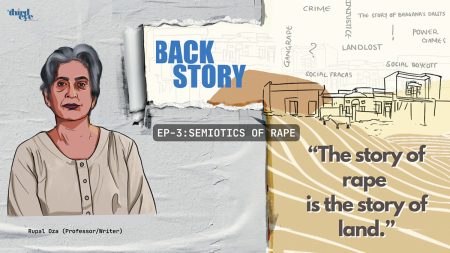“Writing is something I can do anywhere. Under a tree, on the side of a road, at home – even if I have no work, I’ll always have my pen.”
Baby Halder’s life was not an ordinary one. Leaving behind a husband and decades of violence, she was thrust into the uncertainty and loneliness of a new city, about which she has spoken of many times over the years. As domestic work became the means to support herself and her three children, she also found a mentor in one of her employers and thus began her famous journey as a writer. Tracing her own life’s story on borrowed notepads, Baby discovered she could finally spill onto those pages what she could never entrust an ear with before. Her very first book Allo Andhari (2002), her moving memoir, swiftly went into reprints. A Life Less Ordinary, the English translation of Allo Andhari was published by Zubaan and Penguin in 2006. The book has since been translated from Bengali into over 20 international languages.
As a writer, she travelled to New York, Paris and Germany and her autobiography connected with people, especially women from marginalised contexts, negotiating the everyday in the backdrop of economic uncertainty and gendered violence. A central question surrounding her work has been – whose experience becomes the basis of our knowledge?
On International Writers’ Day, we release an excerpt of a video interview we had with her in 2021. She reflects on the excitement of being an author, the thrill of seeing her published word for the first time, waning book royalties, how the pandemic brought on unprecedented challenges and the (im)possibilities of a writing career as a sustaining livelihood.




